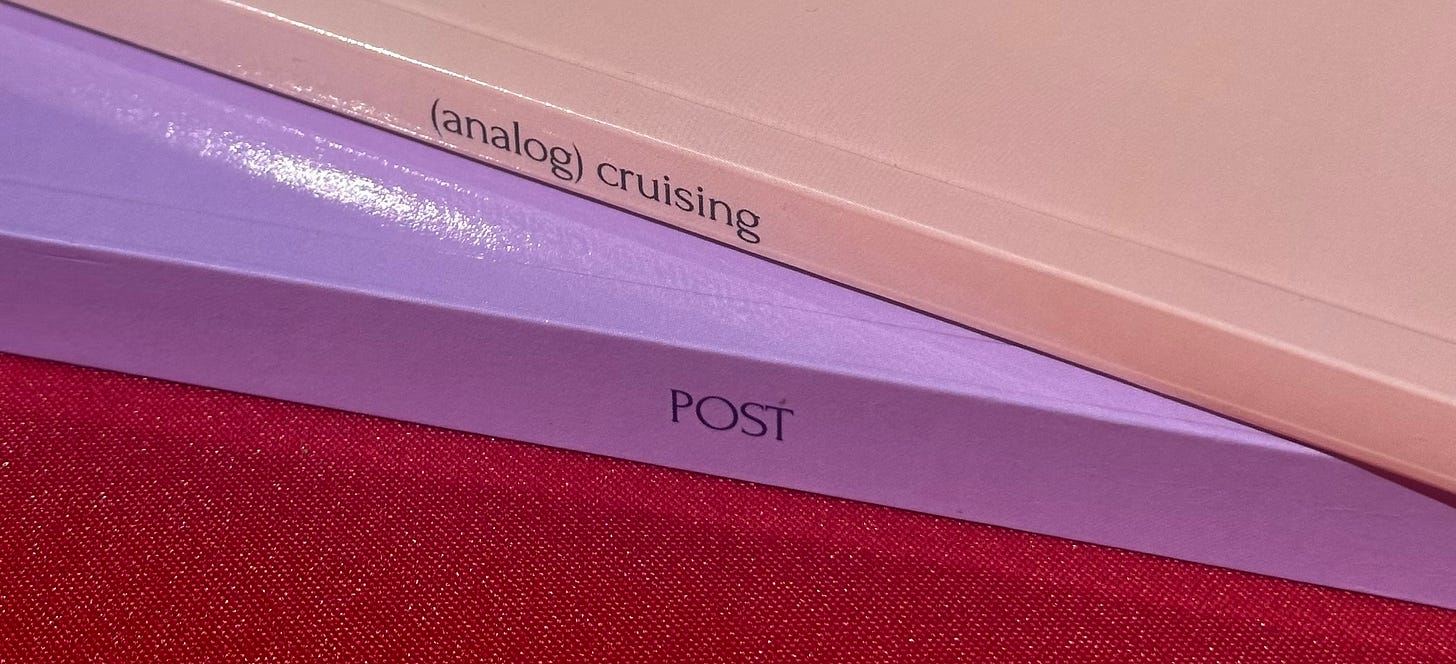In the end, paradise was ruined by grown-ass rich white men with daddy issues who won’t go to therapy. No, I don’t mean the stock market, but the White Lotus finale. It was tragic and beautiful, even if, like the season, it lacked balance. Maybe that was the point it was trying to make: it’s impossible to find balance in this earthly realm while we’re walking around in these meat sacks of hormones, grudges, and longing.
The tightrope of White Lotus is how it skewers white privilege while centering it, but season 3 didn’t succeed as well as 1. The Thai staff storylines were anemic and one-dimensional. Thailand felt like a gorgeous backdrop, but I learned very little about its politics, which S1 did so well for Hawaii. I don’t need to be clobbered with social justice, but it felt like a missed opportunity. For example, how different would the story of the three women have been if they were fighting over a young, Thai local instead of a conventionally hot white Russian one? In stories about rich people seeking transcendence through colonized luxury, race always matters.
I was not devastated about the killing of the codependent girlfriend. A wonderful character, but an adult who knew what she signed up for (I say that as someone who followed emotionally unavailable older men in my 20s). The “avenging my dead father who is my father” and the ripped-from-the-headlines “white husband deals with financial crisis by family annihilation” plots were not that interesting to me. Maybe I’m just tired of stories about morally bankrupt, incompetent men destroying the world.
The season soared when it steered away from those tropes. I was very grateful they didn’t kill off the queer lil’ Demon Twink, Lochlan, and his near-death scene was gorgeous. I also breathed a sigh of relief when Belinda got on that boat with five million dollars, even if it cost her soul.
The showstopper was Carrie Coon’s monologue about time and friendship, her face revealing the lies we have to tell ourselves and each other in order to love. It bookended perfectly with Sam Rockwell’s monologue about sex and identity. These were easily two high points in all of pop culture this year, showcasing the most potent themes of White Lotus: how we communicate through sex and use it as a weapon or a crutch, how wealth corrupts the spirit, and how, at its foundation, religion is just about community.
I love this show’s ability to break through our fragmented media. It brings back the “watercooler moment” while harnessing the internet, as if the show is having a time-delayed conversation with us. It’s reminiscent of both live theater and early online discourse, when fans conversed with Buffy the Vampire Slayer’s creators on newsgroups.
How devilishly fun it was to absorb Parker Posey’s heist of a performance through the feedback loop of Sunday’s episode and Monday morning’s memes. Even arguing about the incest storyline with strangers on the internet felt, dare I say it, wholesome.
The last piece of media we got to be this communal about was Game of Thrones, but nobody talks about that show anymore—ironically because its finale was so terrible, after succumbing to the pressures of internet culture. Yet, Mike White and White Lotus continue to ride this synergy like a wave and foster new platforms of conversation around the darkest taboos. Grand art can transcend its medium and create an entirely new one.
How media can define how we see sex and ourselves in Analog Cruising and POST.
Keep reading with a 7-day free trial
Subscribe to Herrera Words to keep reading this post and get 7 days of free access to the full post archives.







